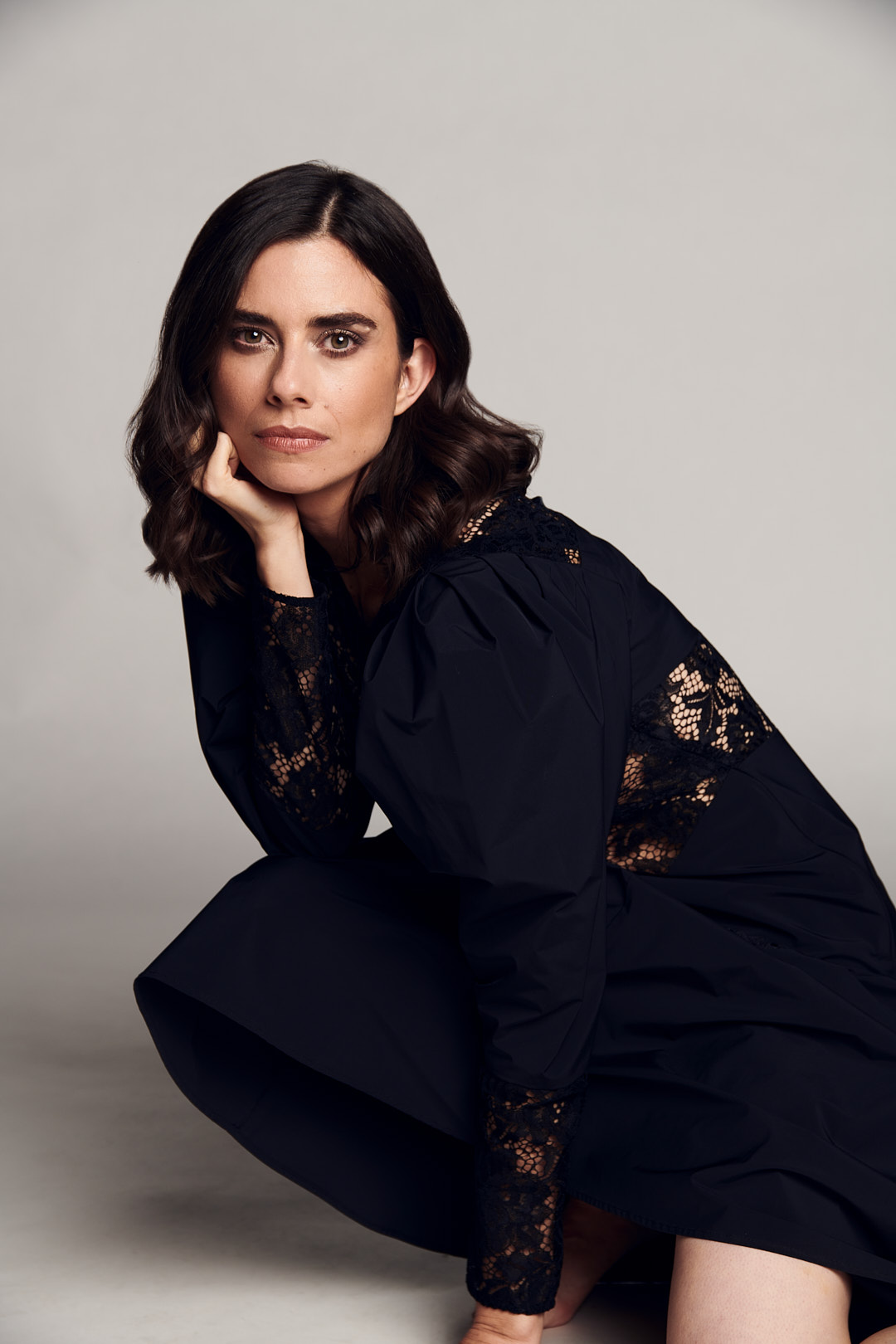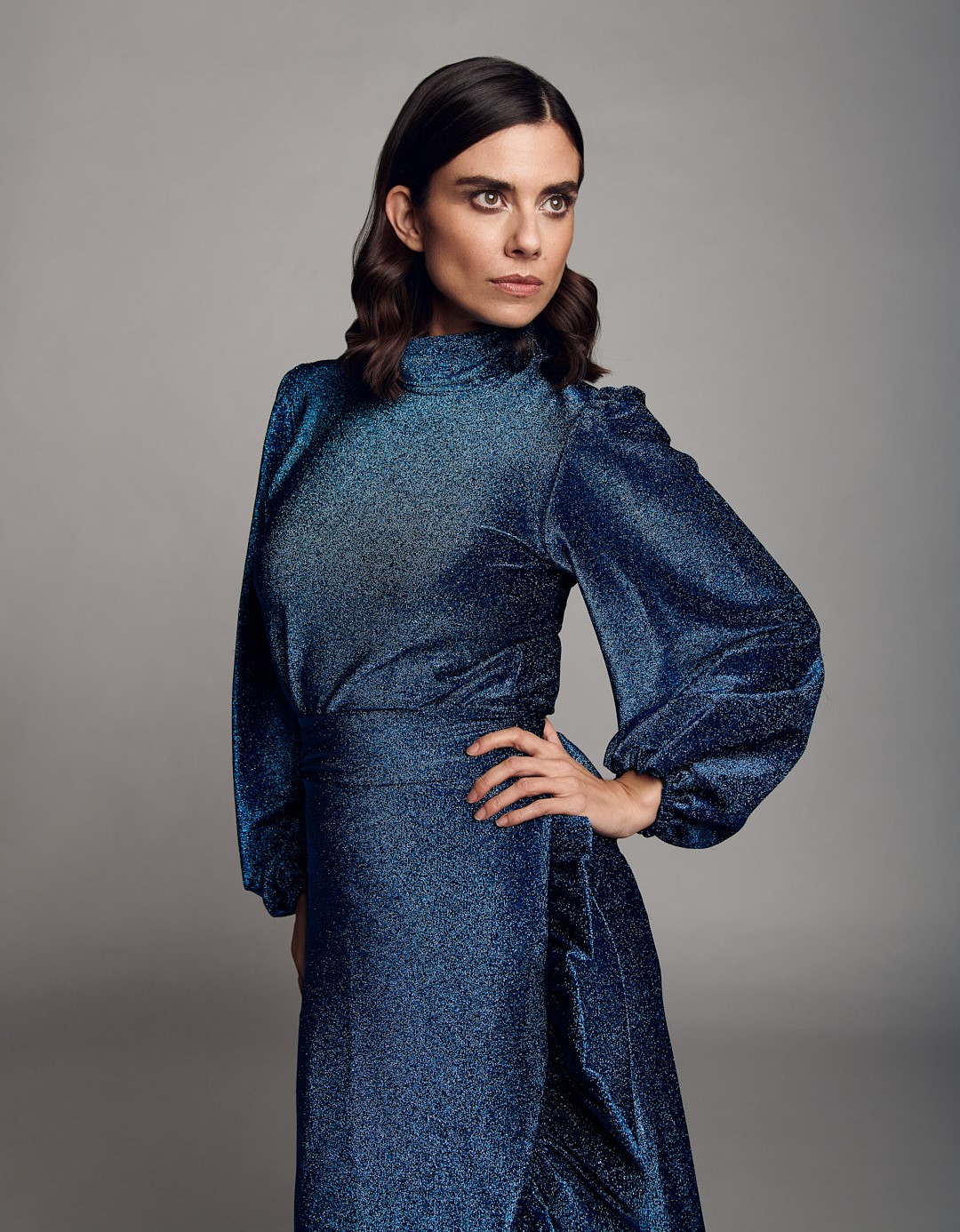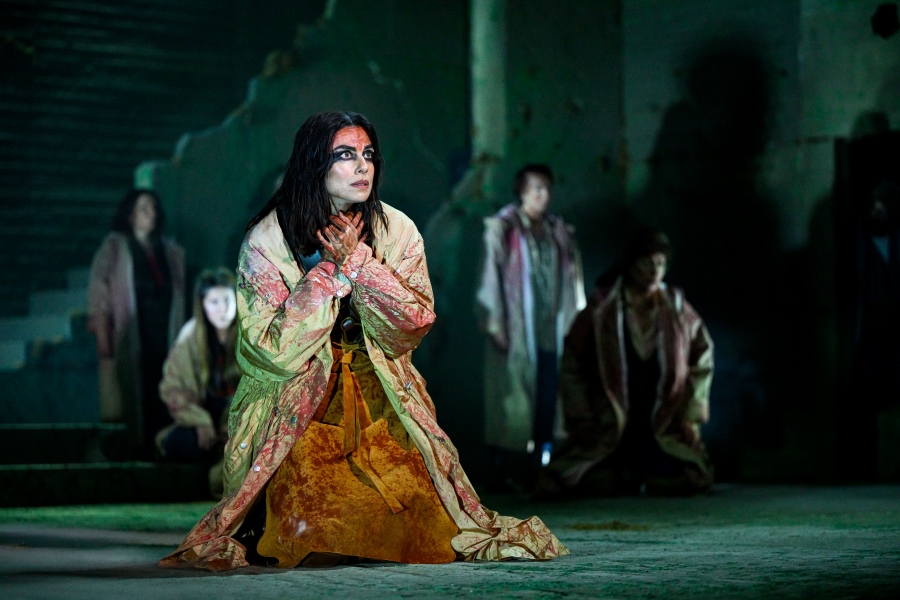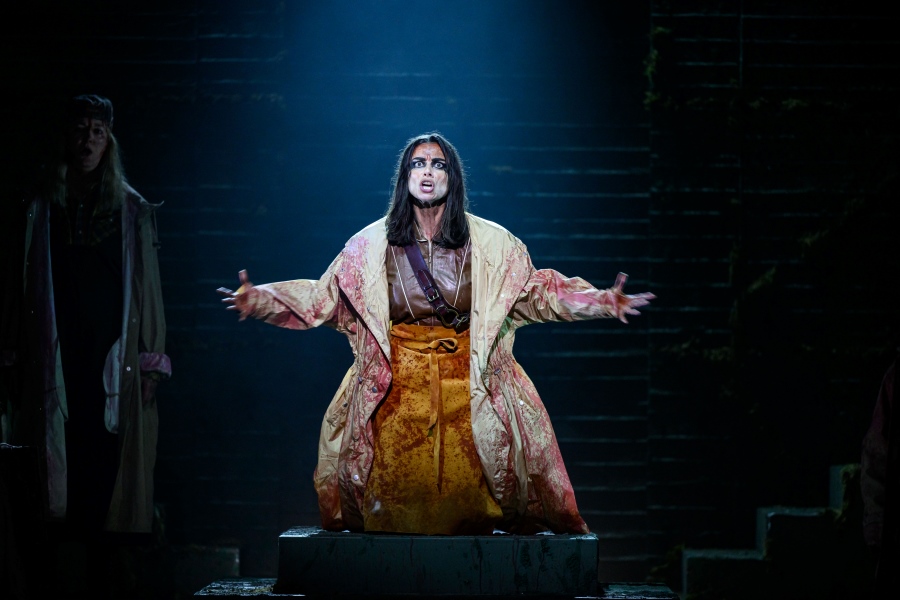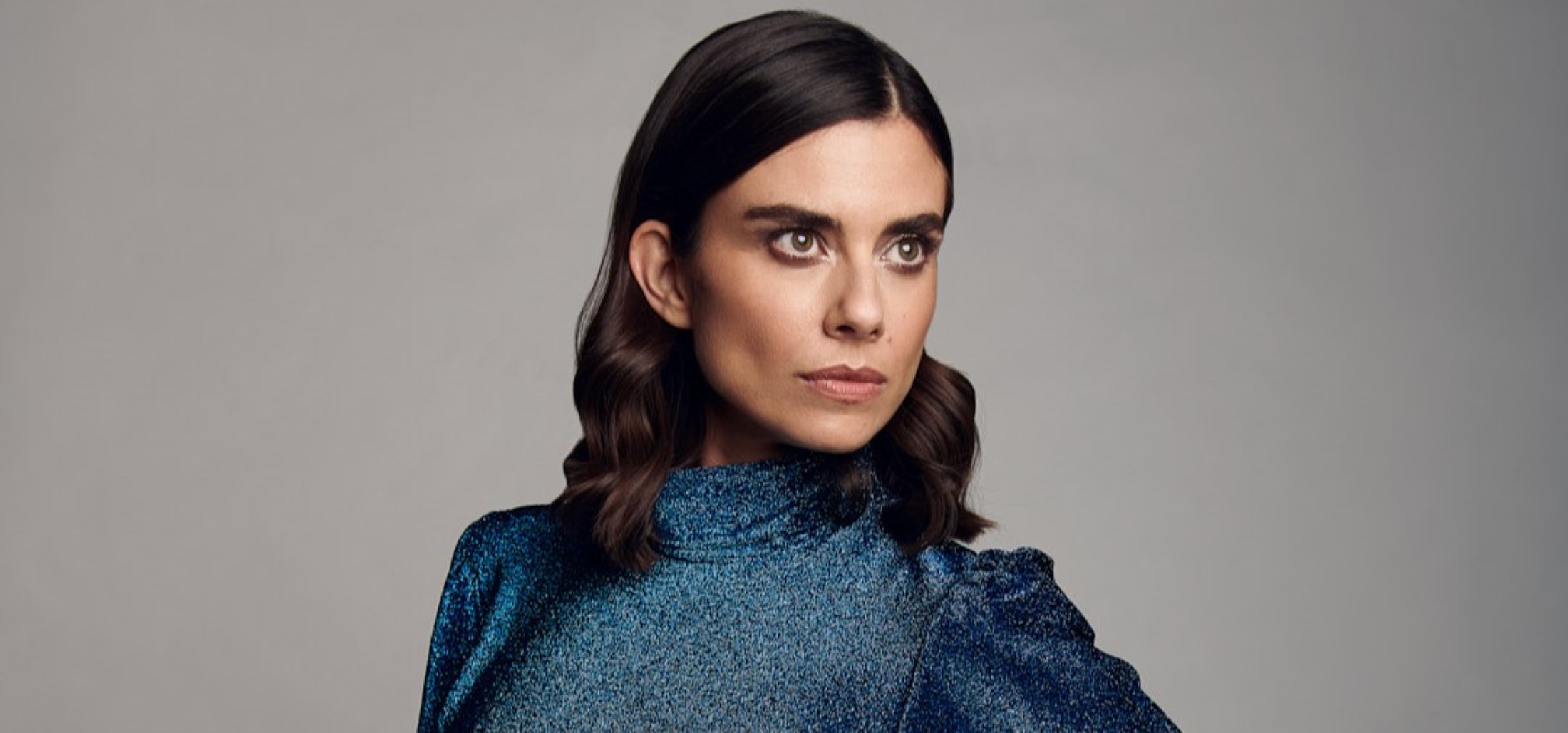
Q&A with opera singer Soula Parassidis: "We need to get more comfortable with the dangers of being alive."
To celebrate Maria Callas’ 100th anniversary, the Pallas Theater in Athens is presenting a special production of Christoph Willibald Gluck’s 'Iphigénie en Tauride.'
We caught up with Greek-Canadian Soprano Soula Parassidis, who is playing the lead role, to find out what she has in common with Maria Callas, what it's like to be a visionary and her latest passion projects outside opera.
Can you tell us a bit about your vocal journey and any parallels with Maria Callas’ voice and story as a performer?
It is terrifying and unwise to allow oneself to be compared too seriously to a figure like Maria Callas in any way, shape or form. But what I do have in common with her is that I am nearly the same height and weight as the diva. We both have dark hair and strong features on stage. I have a strong sense of self, an understanding of theatre, and a commitment to bring excellence to my interpretations, no matter how limited I feel within myself. Callas was a tireless perfectionist, she could outwork anyone, and she understood the power of true collaboration, which I feel we have lost today. Part of how Callas came about was through her collaborations with once-in-a-lifetime artists like the conductor Tulio Serafin. As I continue my journey as an artist, I constantly dream of finding partnerships like that.
What motivated the decision to programme Iphigénie en Tauride for this event, and why was it significant repertoire for Callas?
My best guess is that it’s one of the more friendly operas to cast as her other repertoire, particularly the intricate Bel Canto operas, are fiendishly difficult and would present an unfair challenge to anyone embodying the title role. I would feel much more intimidated at the prospect of singing Tosca or Norma in honour of her immense legacy. Interestingly, as much as we associate Callas with these star vehicles, she was almost single-handedly responsible for reviving Gluck operas back into the traditional canon and we can thank her for that. Gluck presents an important bridge between epochs and has a lot to offer theatregoers who love Mozart and want something with a more robust sound.

